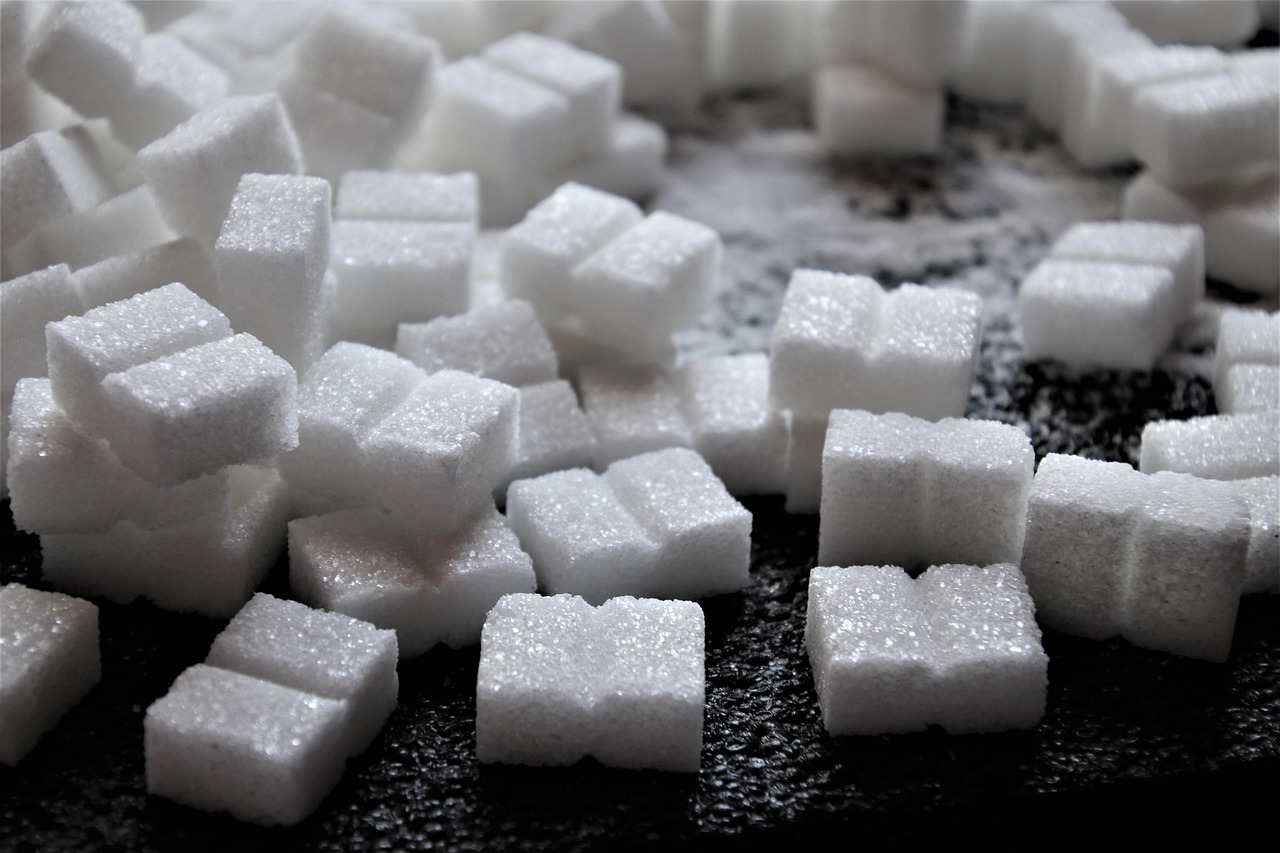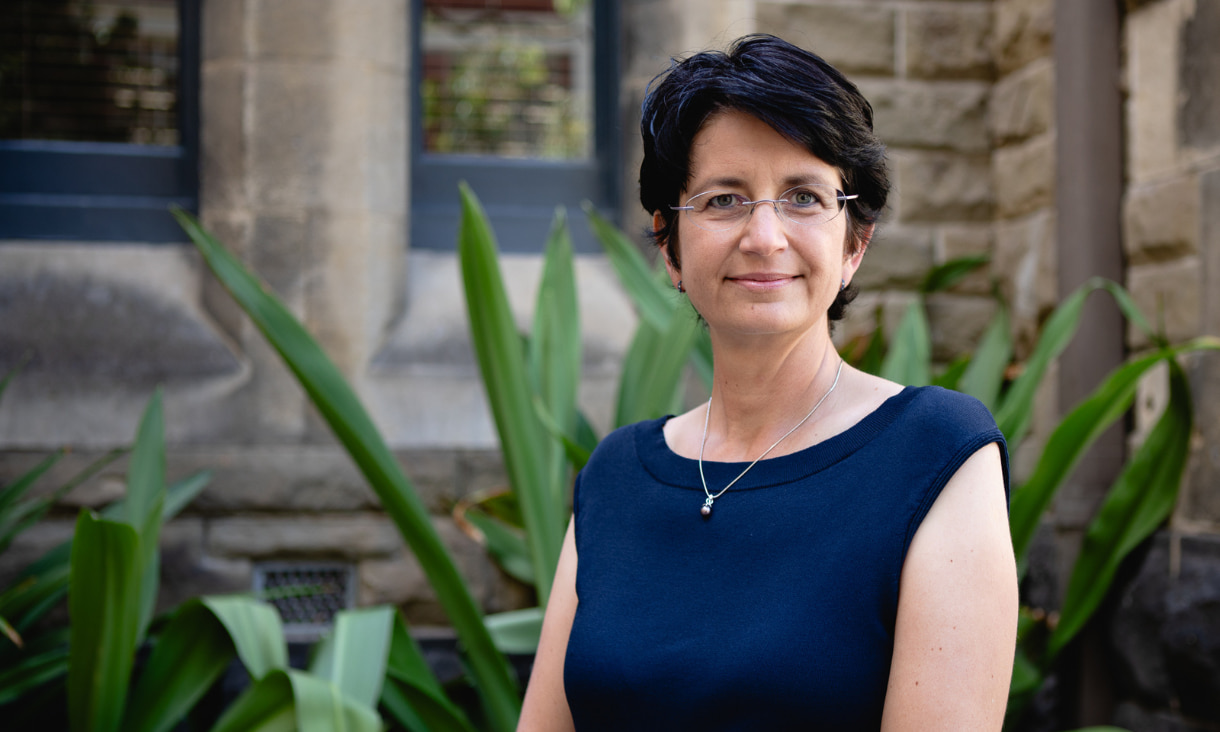Diabetic? Artifical sweeteners could be worse than regular sugar
Ailish Dwyer
03 August 2025, 3:40 AM
 A recent study found consuming artificially sweetened beverages could increase Type 2 diabetes risk by 38 per cent. [IMAGE: Pixabay]
A recent study found consuming artificially sweetened beverages could increase Type 2 diabetes risk by 38 per cent. [IMAGE: Pixabay]A recent longitudinal study from Monash University has found that drinking one can of artificially sweetened soft drink every day may increase the risk of developing Type 2 diabetes by a whopping 38 per cent.
Worse still, people consuming artificially sweetened drinks every day had a higher diabetes risk than people who were consuming regular soft drinks.
Regular soft drink consumers had a 23 per cent higher risk of diabetes, compared to 38 per cent from artificially sweetened drinks.
The study used data from the Melbourne Collaborative Cohort Study (MCCS) on 36,608 individuals aged between 40 to 69 years old.
Research tracked participants for 14 years, and gained self-reported data on diabetes.
The research was led by Distinguished Professor Barbora de Courten from Monash University and RMIT University, Associate Professor Allison Hodge from the Cancer Council Victoria, and Monash PhD student Robel Hussen Kabthymer, and done in collaboration with RMIT University and the Cancer Council Victoria.
Senior author, Professor de Courten, said the study disproved conventional advice that sugar-free artificially sweetened drinks were better for health.
“Artificial sweeteners are often recommended to people at risk of diabetes as a healthier alternative, but our results suggest they may pose their own health risks,” she said.
“We support measures like sugary drink taxes, but our study shows we also need to pay attention to artificially sweetened options.
"These are often marketed as better for you; yet may carry their own risks. Future policies should take a broader approach to reducing intake of all non-nutritive beverages.”

Distinguished Professor Barbora de Courten says future health policy should look at lowering intake of all non-nutritional beverages, including artificially sweetened drinks. [IMAGE: RMIT University].
While the link between sugar intake and diabetes is well understood, the link between artificial sweeteners and increased diabetes risk is less clear.
This is mainly because different artificial sweeteners interact with the body different.
Sweeteners like sucralose are poorly digested and often excreted in faeces, while others like acesulfame potassium are well absorbed and excreted in urine.
Some sweeteners, such as aspartame, are rapidly metabolised.
Regular intake of some artificial sweeteners, such as saccharin and sucralose can disrupt gut microbiomes and damage glucose tolerance in otherwise healthy individuals, according to the study.
Drinking both sugar and artificially sweetened beverages may increase the risk of type 2 diabetes.
Researchers concluded that greater awareness and more public health measures are needed to reduce the effects of sweetened beverage intake.
NEWS
SHOP WEST




